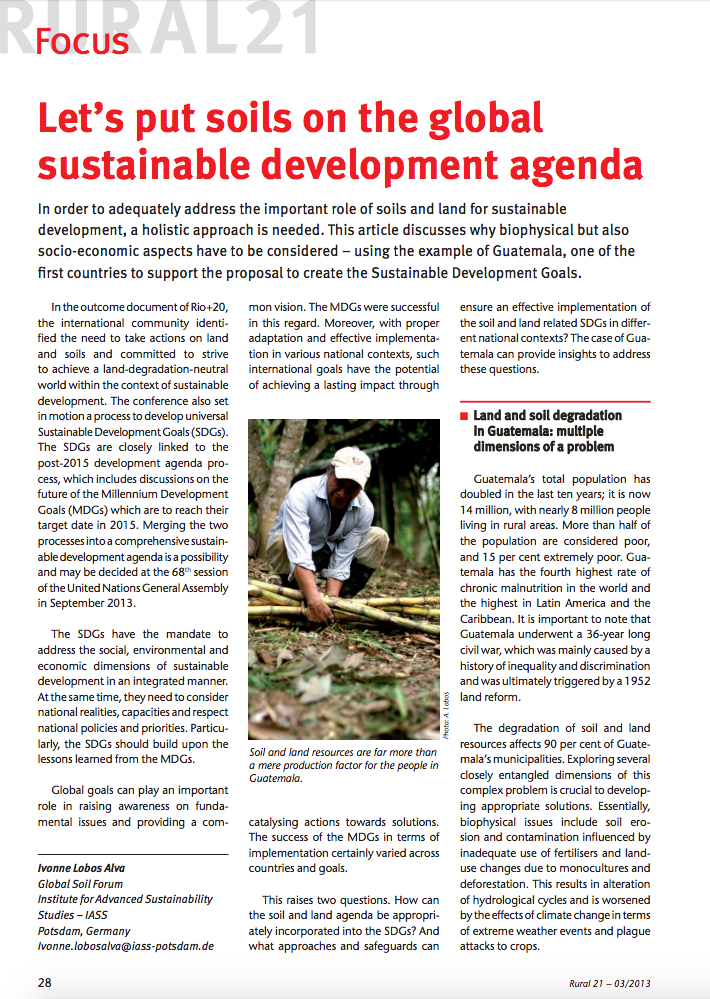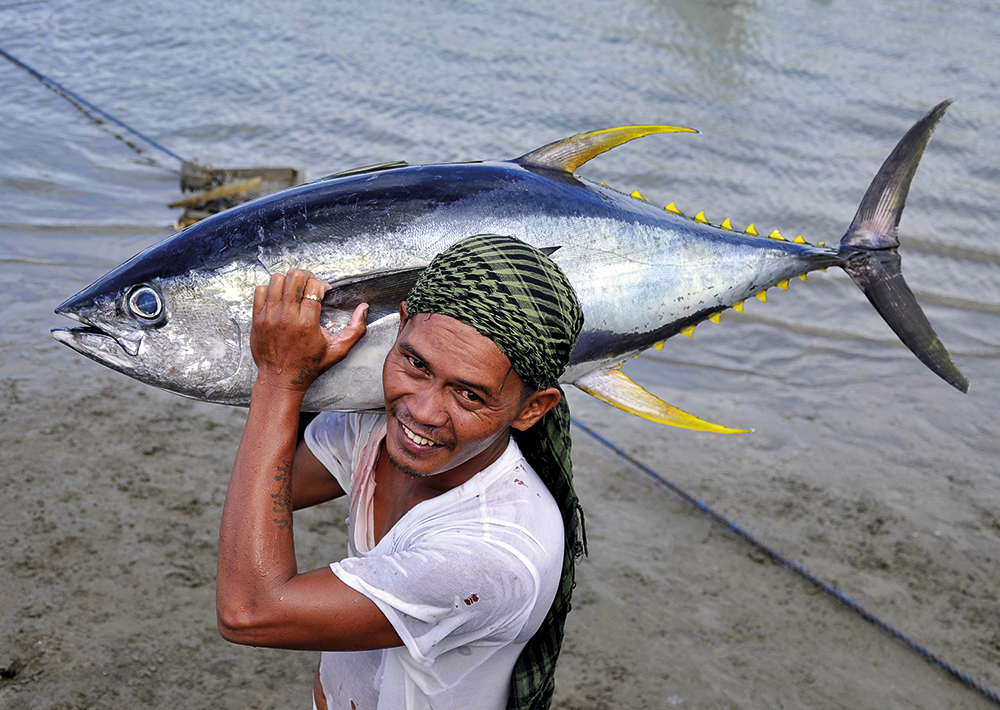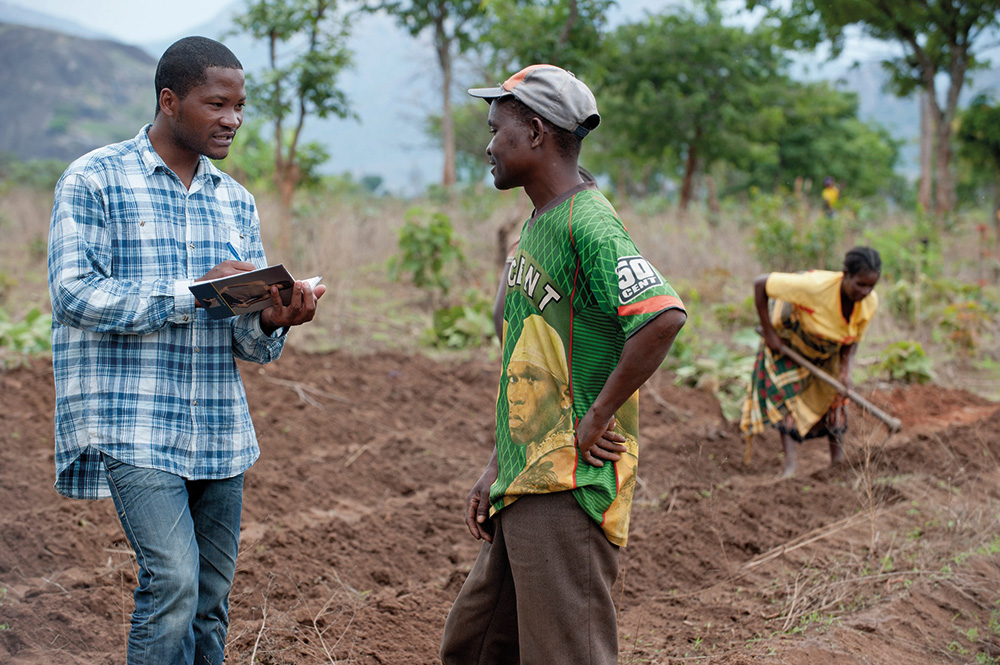Revival for Zimbabwe’s meat market
Zimbabwe used to be well-known for its high-quality meat exports. The sector was hard hit by the economic crisis that set in during the 1990s and coincided with the impact of a failed land reform and recurrent drought. Now, a new livestock-fattening scheme is to contribute to the survival of the branch and help resource-poor smallholders earn a living by marketing their meat.









